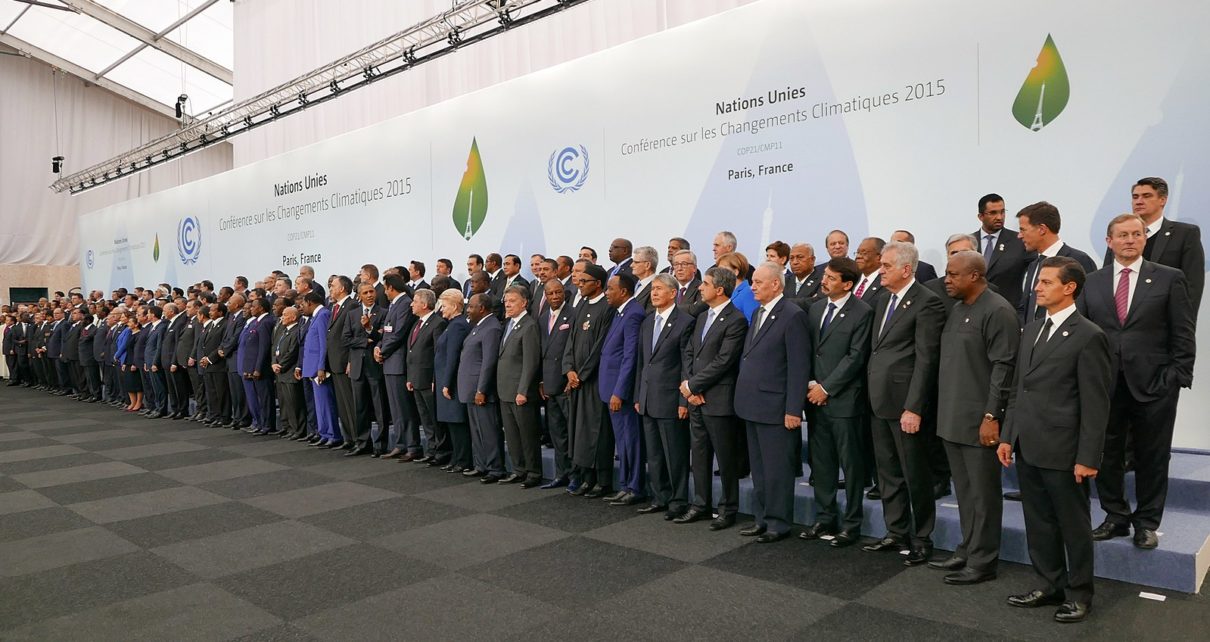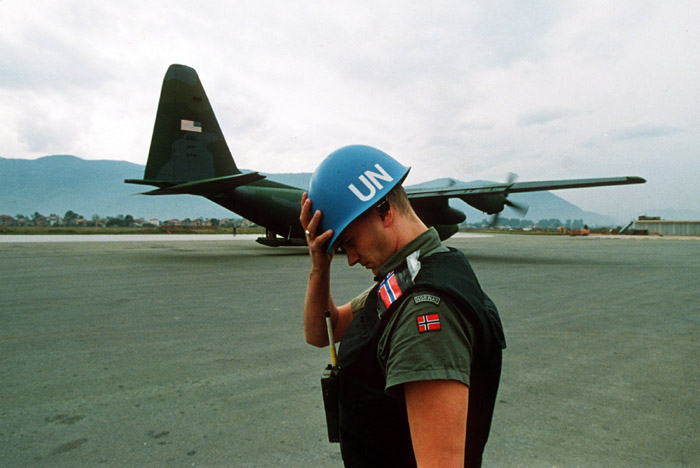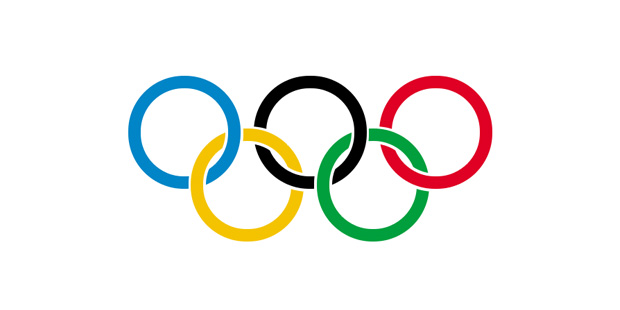Co-authored by the key architects of the 2015 UN-sponsored Paris Agreement, The Future We Choose: Surviving the Climate Crisis by Christiana Figueres and Tom Rivett-Carnac (2020) confronts readers with the most important question facing humankind: “Do we watch the world burn, or do we choose to do what is necessary to achieve a different future?” For Figueres—the former Executive Secretary of the United Nations Framework Convention on Climate Change—and Rivett-Carnac—the former president and CEO of the Carbon Disclosure Project U.S.A—this question has a clear answer: climate change is the single-greatest threat posed to humankind and failure to stop its progression will result in the extinction of humankind. Interweaving human psychology, hypothetical frameworks, empirical evidence, and historical accounts, The Future We Choose offers a compelling portrayal of climate change as an intersectional issue that should concern all people, no matter their career, socio-economic status, or country of residence. Figueres and Rivett-Carnac argue that although climate change is an imminent threat to humanity, governments, individuals, and corporations have the means and the time to achieve the goals set forth by the Paris Agreement before 2030, thereby halting the current trajectory towards global devastation.
The Future We Choose is divided into three key parts, each exploring a specific topic within climate change. Using emissions and weather data from the world’s leading climate change research institutions, such as the Intergovernmental Panel on Climate Change (IPCC), the first part, “Two Worlds,” illustrates a prediction of the two possible worlds humans will exist in by 2050, both of which depend on whether or not multilateral efforts to uphold the Paris Agreement are acted upon. The first world, “The World We Are Creating,” illustrates the global outcomes in 2050 if critical emission reduction goals, as outlined in the Paris Agreement, are not met. In this first prediction, no efforts have been made to reduce global greenhouse gas emissions and, consequently, the planet is on the trajectory to become 3 degrees warmer by 2100. As a result of this warming, the earth has become virtually unlivable with heavily polluted air, climate refugees, no summer Arctic sea ice, and severe weather patterns and food insecurity. The second world, the “World We Must Create,” is the result of multilateral global cooperation that successfully limits global temperatures from rising past 1.5 degrees Celsius by 2050. This world includes cities where the air quality is cleaner than pre-Industrial Revolution levels, artificial intelligence shuts off every machine when not in use, and the increased accessibility of renewable resources now allows entire populations to have improved sanitation, education, and health care. This future is secure, habitable for all, and humanity has reimagined economic models to become circular and support collective, global well-being.
In the second part of The Future We Choose, entitled “Three Mindsets,” Figueres and Rivett-Carnac identify three distinct mindsets in the age of climate change: Stubborn Optimism, Endless Abundance, and Radical Regeneration. According to Figueres and Rivett-Carnac, due to increased awareness of and exposure to facts and media regarding climate change, these three mindsets are the most prominent reactions to the climate crisis today. From denial to empowerment, the authors explore how the mindsets can provide both significant challenges as well as opportunities for the future of the Paris Agreement. Finally, the third part of the book, “Ten Actions,” outlines steps that must be pursued to counter the progression of climate change and the consequential destruction of humankind. These actions vary widely, from achieving gender equality to investing in clean economies. Despite transnational corporations (TNC) totaling the largest CO2 emitters in the world—with the top twenty alone contributing to 35% of all fossil fuel emissions worldwide since 1965—this section of the book specifically calls upon individuals to fight against climate change through individual lifestyle choices, attitudinal change, and political engagement.
As opposed to many fatalistic framings of the climate change crisis, The Future We Choose balances apocalyptic depictions of a climate catastrophe with reasons for hope and practical tools individuals can embrace to make a difference. In addition, drawing upon predicted temperature increases and current cases of ecological extinction, Figueres and Rivett-Carnac masterfully illustrate the imminence of the devastation the world faces in the wake of a global climate crisis. Additionally, Figueres and Rivett-Carnac point to specific impediments to individuals recognizing the severity the climate crisis, such as the politicization of the crisis, ‘fake news,’ and the ‘post-truth’ world. Politicians, the authors assert, have an essential role in democracies to align with scientists and acknowledge the truths of global warming, regardless of their party affiliation. Failure to do so will not only result in a failure to mitigate climate change, but also create opportunities for increased oppression, political polarization, and tyranny.
Albeit well-intentioned, the author’s “ten necessary actions” for creating a sustainable future raise several issues. It seems somewhat idealistic that Figueres and Rivett-Carnac view individual action as “key” to positive change, given we live in an age wherein politically and economically powerful unilateral political agendas, “Big Tech” corporations, and industry lobbyists can easily usurp individual voices and votes. Moreover, while every individual has a carbon footprint, individuals do not have an equal responsibility to reduce their consumption emissions. In 2015, the average carbon footprint of someone in the richest 1% of the global population could be as much as 175 times that of someone in the poorest 10%. By framing individual consumption as both a ‘universal’ issue as well as the “key” to reverse global warming, the authors overlook critical nuances as well as the disproportionate responsibility that ‘developed’ nations have on mitigating global warming. According to Jeff Goodell and Todd Stern, industrialized imperial global superpowers—including the U.K., U.S., and Canada—are the primary determiners of the Paris Agreement’s success. Yet, as of November 2020, the vast majority of the so-called ‘developed’ world has made “critically insufficient” or, at best, “sufficient” progress towards meeting the Paris Agreement’s goal of keeping global warming below 2 degrees Celsius by 2030.
The Future We Choose provides both necessary optimism and carefully curated actions that can encourage individuals and governments to see climate change as a collective challenge. In the future, when engaging in climate change discussions and negotiations, researchers and climate activists—particularly those from Western global superpowers—must exercise a more targeted and intersectional approach considering the outsized role that both TNCs and the richest 1% have in putting an end to global warming. The stakes are high in the hopes of developing a sustainable, equitable, and habitable future for all.
Photo: Heads of delegations at the 2015 United Nations Climate Change Conference (COP21). Picture by Presidencia de la República Mexicana, via Wikimedia Commons. Licensed under CC BY 2.0.
Disclaimer: Any views or opinions expressed in articles are solely those of the authors and do not necessarily represent the views of the NATO Association of Canada.



